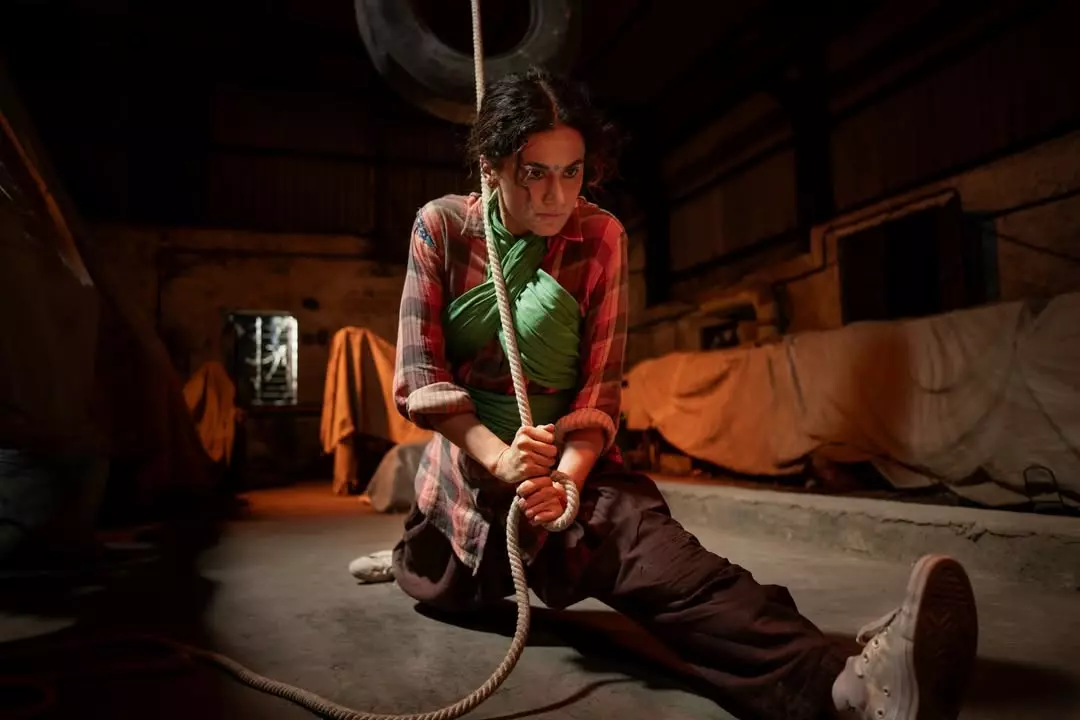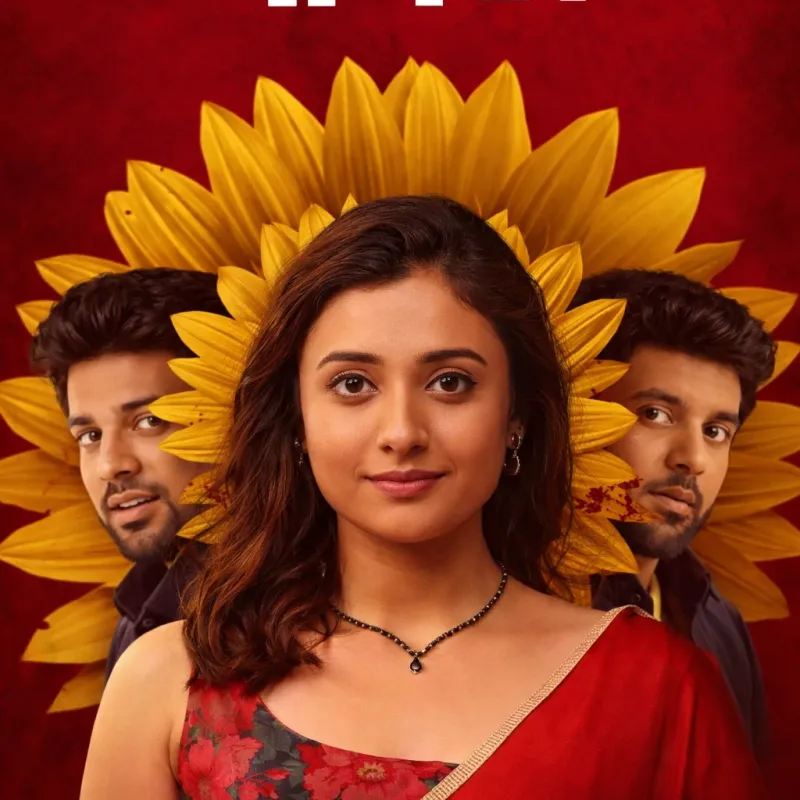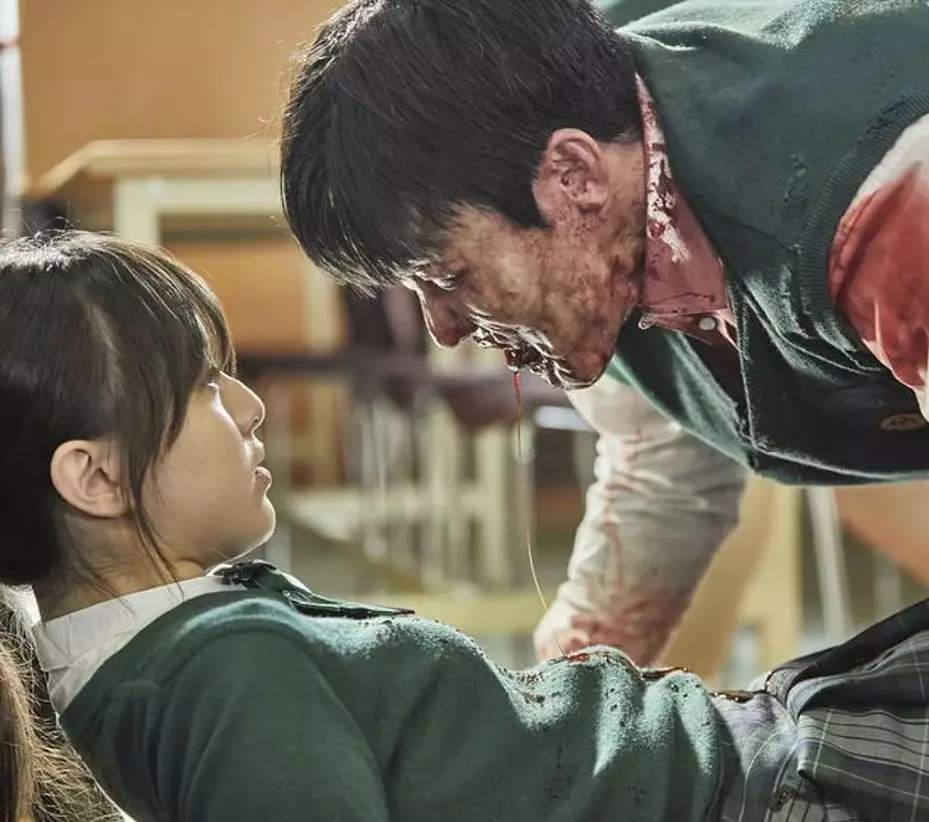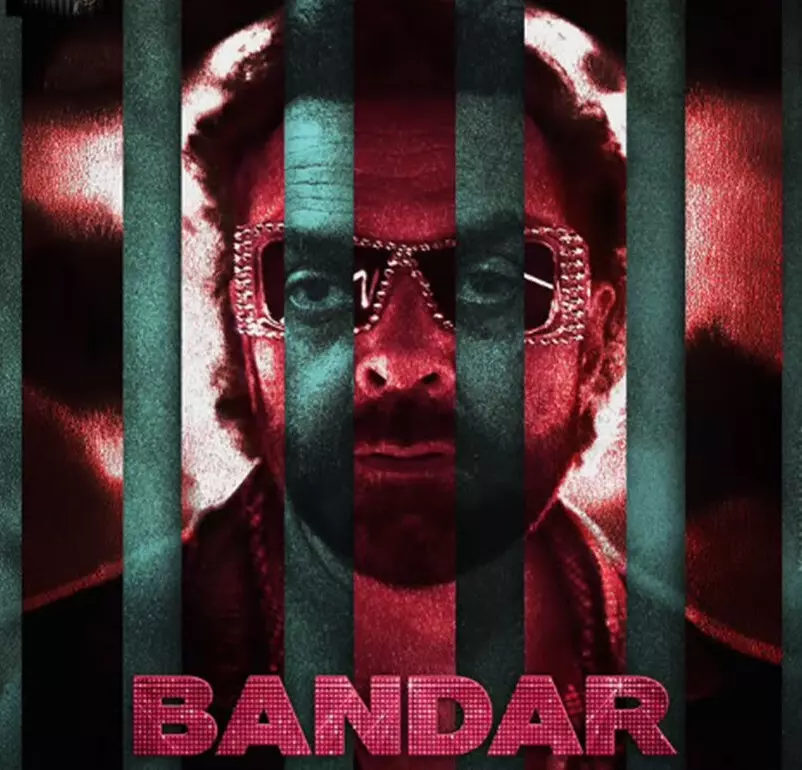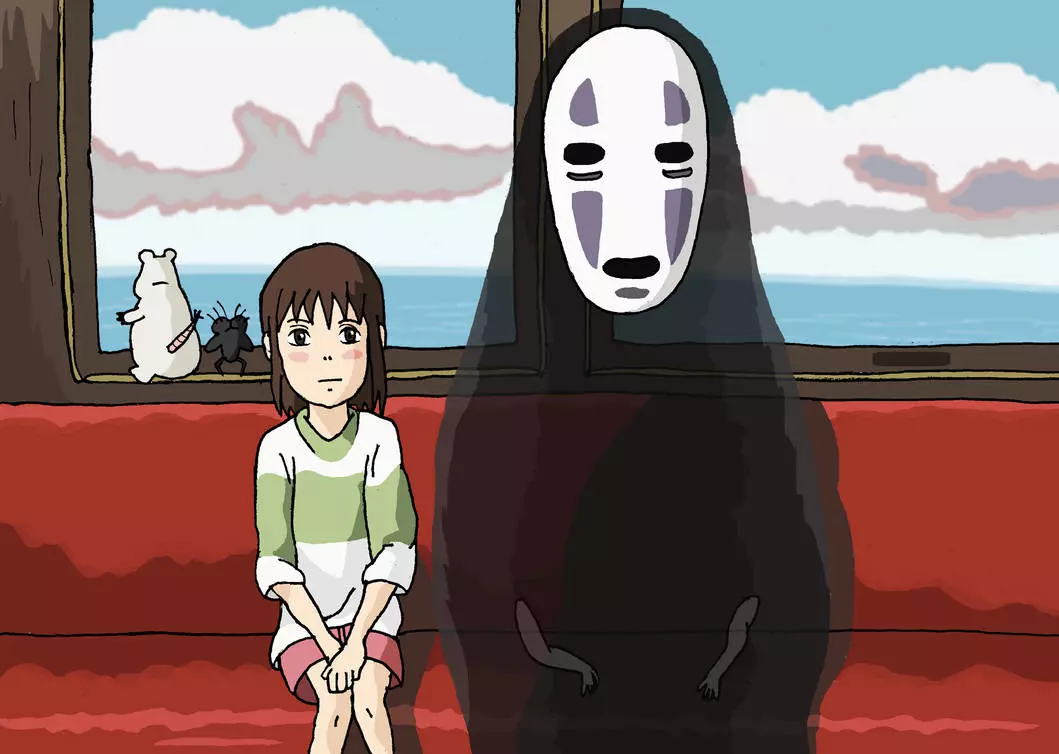Table of Content
The film "Jaya" emerges as a significant milestone in Bhojpuri cinema, tackling the complex issue of Dalit representation. The film, produced by Ratnakar Kumar and directed by Dhiru Yadav, stands out for its Dalit-centric narrative and its effort to rejuvenate the Bhojpuri film industry. Unlike the typical Bhojpuri films known for their vulgarity and double entendres, "Jaya" strives for a cleaner, more meaningful approach.
Bhojpuri cinema has long been plagued by a reputation for obscenity and lowbrow humor, leading many artists and technicians to distance themselves from it. Despite past associations with Bollywood icons like Amitabh Bachchan, Mithun Chakraborty, and Ajay Devgan, the industry's prestige has dwindled. The advent of the digital era offers a glimmer of hope for revival, yet it is fraught with challenges. "Jaya," although certified as a Bhojpuri film, is predominantly in Hindi, mirroring the trend seen in the recently released "Bad News," which features significant Punjabi dialogues despite its Hindi film certification.
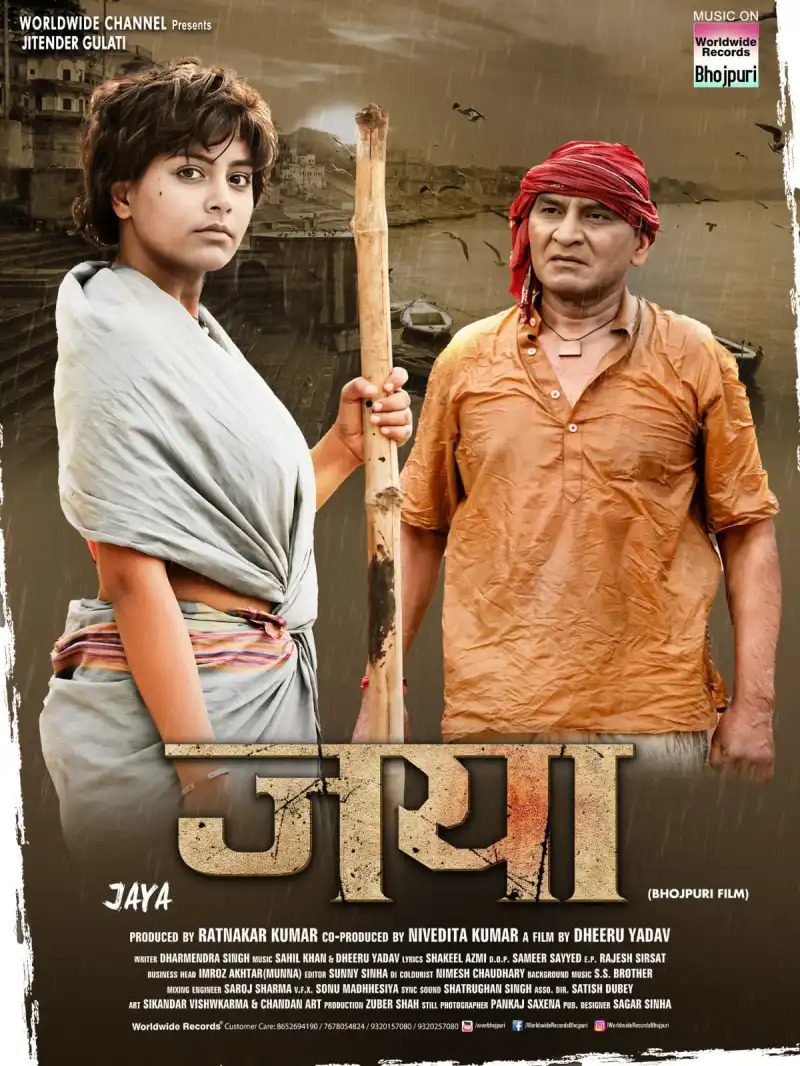
"Jaya" tells the story of a small town by the Ganga Ghat, where funeral pyres burn continuously. The Dom Raja of the Ghat enrolls his daughter Jaya in a good school, and her success at an awards ceremony sets the stage for the narrative. Jaya faces numerous challenges, including a love story with a Brahmin's son who eventually leaves for abroad, leaving her to navigate life's hardships alone. The film’s real story unfolds over the next eight to ten years, depicting Jaya's struggles and resilience.
The premiere of "Jaya" in Mumbai saw a full house, indicating an audience for clean Bhojpuri films. The film’s commitment to meaningful content, devoid of vulgarity and double entendres, is commendable. However, the weak script is its most significant drawback. Despite its promising subject, the screenplay fails to captivate the audience, making the plot predictable from the start. The story’s fragmented timeline does little to develop the characters or add depth to their arcs. This lack of narrative surprise or emotional engagement undermines the film's potential impact.
Mahi Srivastava, in the titular role, carries the film with a commendable effort to embody her character. Her portrayal, however, falters in scenes requiring deep emotional expression, such as conveying a mother's pain. Dayashankar Pandey, playing Jaya's father, delivers a strong performance, grounding the film in moments of sincerity. The love story between Mahi's and Manu Krishna's characters aims to explore social struggles and acceptance but falls short due to weak writing. Manu Krishna's premature exit from the story leaves a void, preventing the film from fully exploring themes of separation and emotional turmoil.
Technically, "Jaya" struggles with several issues. The direction, led by Dhiru Yadav, lacks meticulous planning, evident in repetitive and poorly coordinated scenes. Cinematographer Sameer Sayyed's efforts do little to enhance the visual storytelling. The film's dialogues and songs, predominantly in Hindi, fail to enrich the narrative or contribute to character development. As a result, "Jaya" misses the opportunity to become a significant reference point in Dalit discourse within Indian cinema. The film's conclusion does not deliver a satisfying victory for its heroine, leaving audiences wanting more.

Despite its flaws, "Jaya" represents a significant step in Bhojpuri cinema, highlighting Dalit issues and striving for a cleaner cinematic approach. The film's commitment to meaningful content and its attempt to elevate Bhojpuri film standards are noteworthy. However, the weak script and technical flaws hinder its overall impact. "Jaya" underscores the need for better storytelling and production quality in representing marginalized communities in Indian cinema. As the industry evolves, it remains crucial to bridge the gap between social realities and their portrayal on screen, ensuring more robust and authentic narratives for future audiences.
In conclusion, "Jaya" is a commendable effort to elevate Bhojpuri cinema and highlight Dalit issues. While it may fall short in certain aspects, it marks an important step towards cleaner, more meaningful cinema in a genre often criticized for its lack of sophistication. The film's success at the box office and its reception by audiences indicate a demand for such content, paving the way for more films to follow in its footsteps. As the Bhojpuri film industry continues to evolve, films like "Jaya" will play a crucial role in shaping its future, offering new perspectives and breaking away from outdated stereotypes.
Also read: Bhojpuri Horror Film Bhoot: trailer release
.webp)

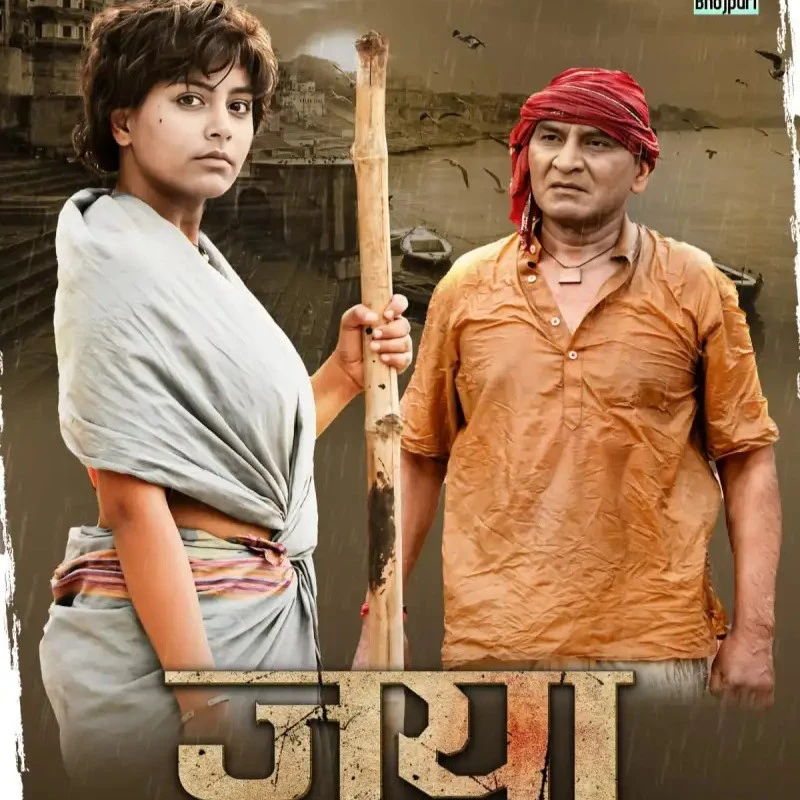


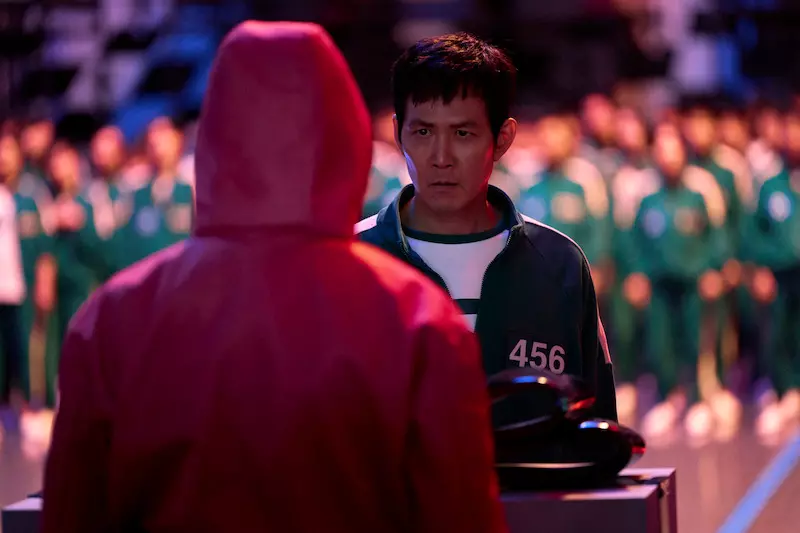
_1735214375.webp)
